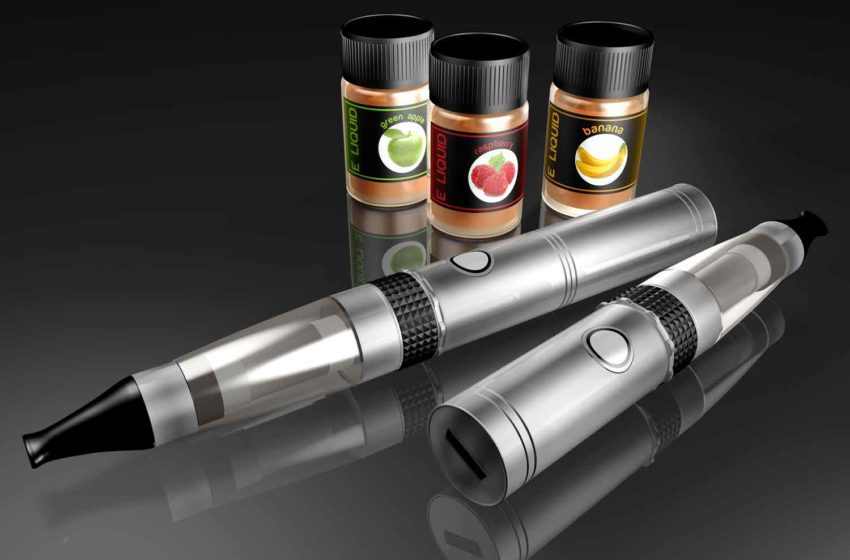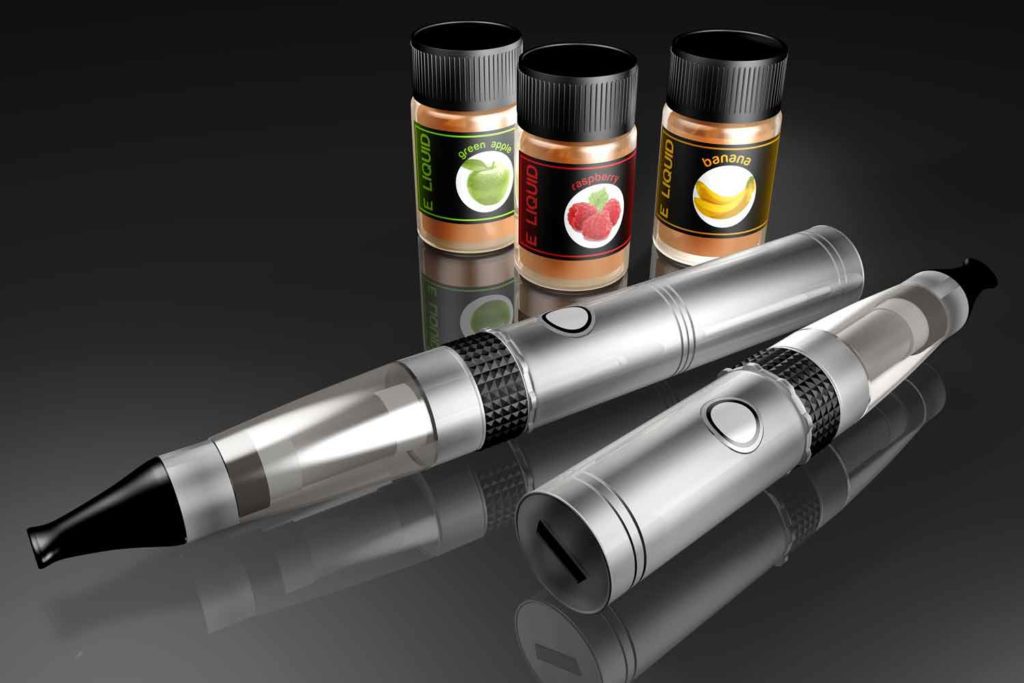
Taat Global Alternatives reported a net loss of CAD7.74 million ($6.15 million) on sales of CAD1.31 million in the third quarter of 2021. In the comparable period of 2020, the company registered a loss of CAD3.75 million on sales of CAD63,481. Gross revenue increased by 1,956 percent from the same period in the prior year.
The company attributes the increase in net loss to increased marketing efforts relating to the advertising of its product in sporting events.
Throughout the third quarter of 2021, the company continued the rollout of its flagship product, Taat, in the United States as a nicotine-free and tobacco-free alternative to tobacco cigarettes. Based on early-stage success at retail in Ohio and through e-commerce across the United States, the popularity of Taat continued to grow among smokers as well as retailers of tobacco products and their respective wholesale/distribution partners, according to Taat Global Alternatives.
Our growth has accelerated this quarter as we continued to build the popularity of Taat among smokers aged 21-plus,” said Taat CEO Setti Coscarella in a statement.
“We have undertaken aggressive strategies to market Taat in this consumer segment in order to sustain and grow interest in the United States by continuing to add stores to expand our sales pipeline. Establishing a reputable and well-known brand comes with the long-term benefit of laying the groundwork to introduce Taat to new global markets.”
During the final week of September 2021, the first overseas shipment of Taat arrived in London for distribution in the United Kingdom and Ireland. Management of Taat anticipates that the existing brand presence will launch the commercialization of Taat in these new markets as the company continues to grow its sales footprint in the United States.



















